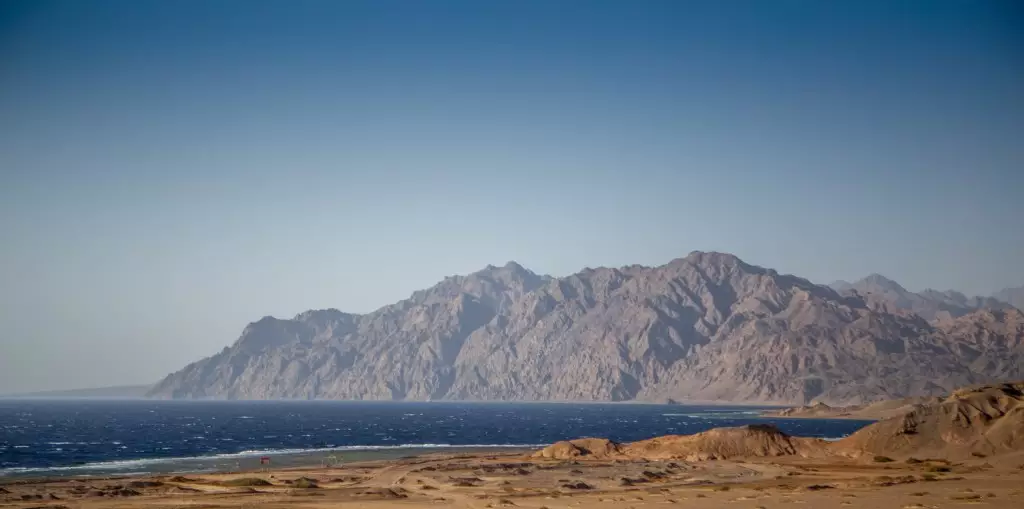The recent departure of Nadhmi Al-Nasr, the former CEO of Saudi Arabia’s ambitious Neom project, marks a significant turning point in a venture that symbolizes the Kingdom’s broader economic strategy under Crown Prince Mohammed bin Salman. Neom, an eye-catching $500 billion initiative, aims to reshape the northwestern province of Tabuk into a cutting-edge urban environment and a tourist magnet, signifying Saudi Arabia’s aspirations beyond its long-standing dependency on oil revenues. However, this leadership change raises questions about the project’s future and the efficacy of its grand vision.
New Leadership, Old Challenges
Aiman Al-Mudaifer’s appointment as the Acting CEO provides continuity during this transition, with the Neom board’s statement highlighting the need for operational agility to align with ongoing objectives. However, this turnover is indicative of deeper challenges. The ambitious timelines and initial promises seem to be faltering, as evidenced by the scaled-back plans for The Line. What was once envisioned as a 105-mile linear city has shrunk to just 1.9 miles. This reduction hints at either over-optimism or logistical difficulties that may undermine the credibility of the entire project.
Reputation Under Scrutiny
Beyond the challenges of implementation, Neom has also faced criticism regarding worker treatment. Reports of abuse within the construction sector have been troubling, further tainting the project’s image. The abrupt departure of Wayne Borg, head of Neom’s Media Industries section, after allegations of discriminatory remarks, adds another layer of complexity to the project’s reputation. Such incidents not only destabilize internal momentum but can also alienate international investors and stakeholders who might have viewed Neom as a flagship for the Kingdom’s reformative endeavors.
For Al-Mudaifer to succeed, he will need to leverage his experience from the Public Investment Fund (PIF) effectively. His understanding of local real estate investments strengthens the hopes for a sustainable growth trajectory. However, turning Neom into a global hub will require more than just a capable leader; it will necessitate a reevaluation of its core initiatives and an enhanced focus on ethical practices in labor management. The Kingdom’s Vision 2030, which promotes economic diversification and social reform, could hang in the balance depending on how Neom navigates these challenges.
Ultimately, Neom embodies the dual nature of ambition and reality. While the vision is grand—offering a new urban lifestyle and high-tech innovations—the project’s success lies in its execution. Al-Mudaifer’s leadership will be scrutinized not just for its ability to realize the ambitious plans but also for sustaining an ethical environment for workers. For Saudi Arabia, the fate of Neom is firmly tied to its broader strategy of transformation and modernization. As the world looks on, the eyes are watching to see if Neom can transition from an ambitious dream to a tangible, thriving reality.

